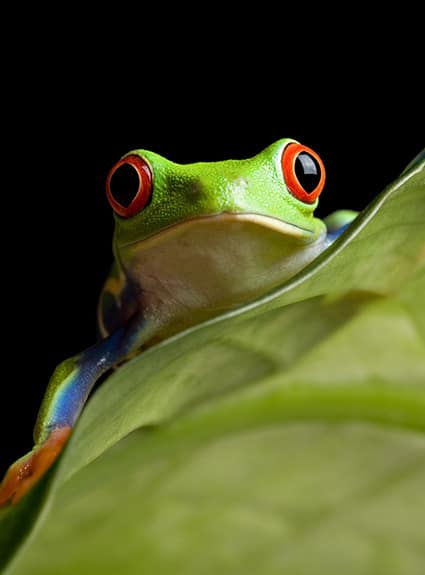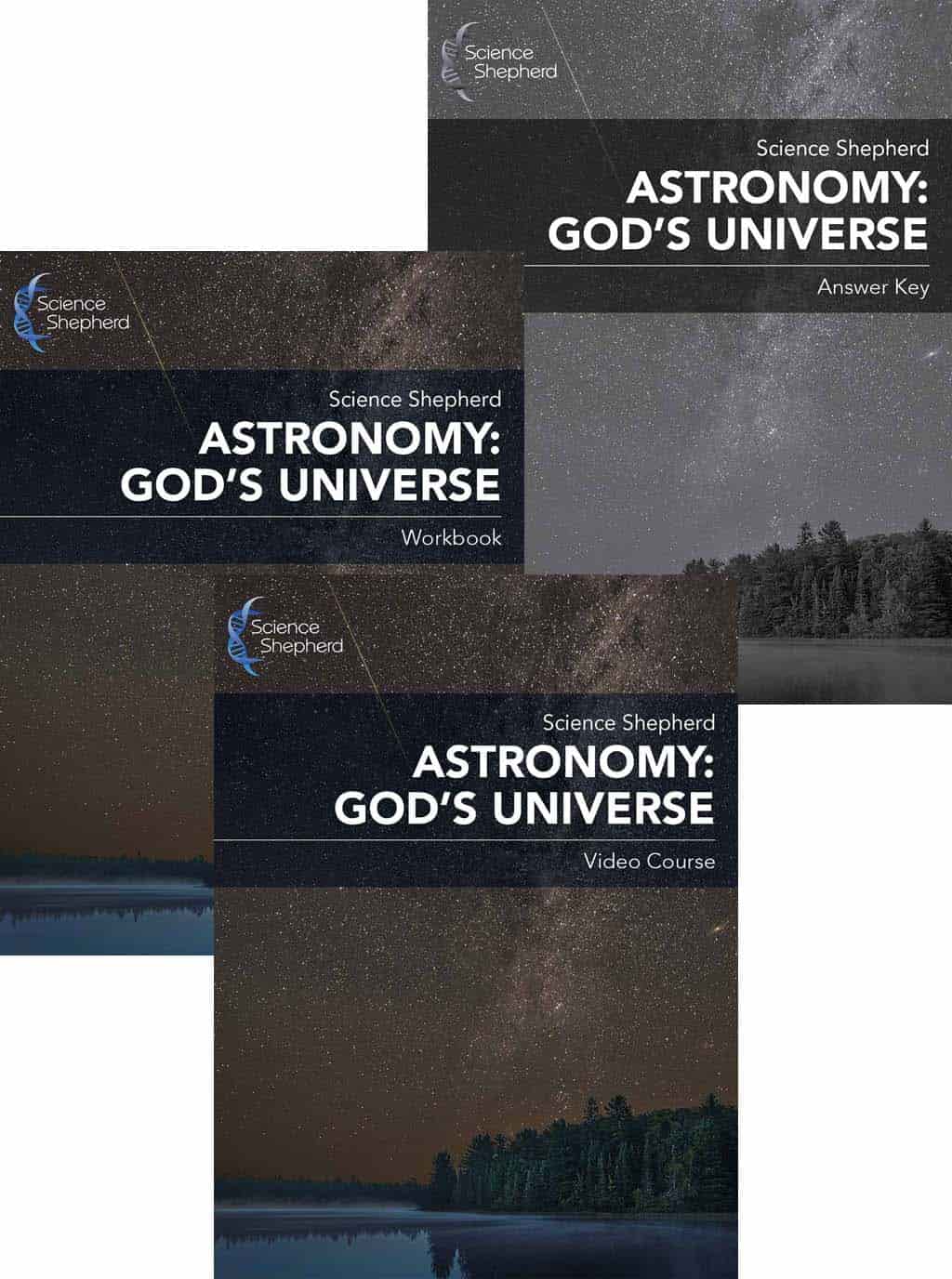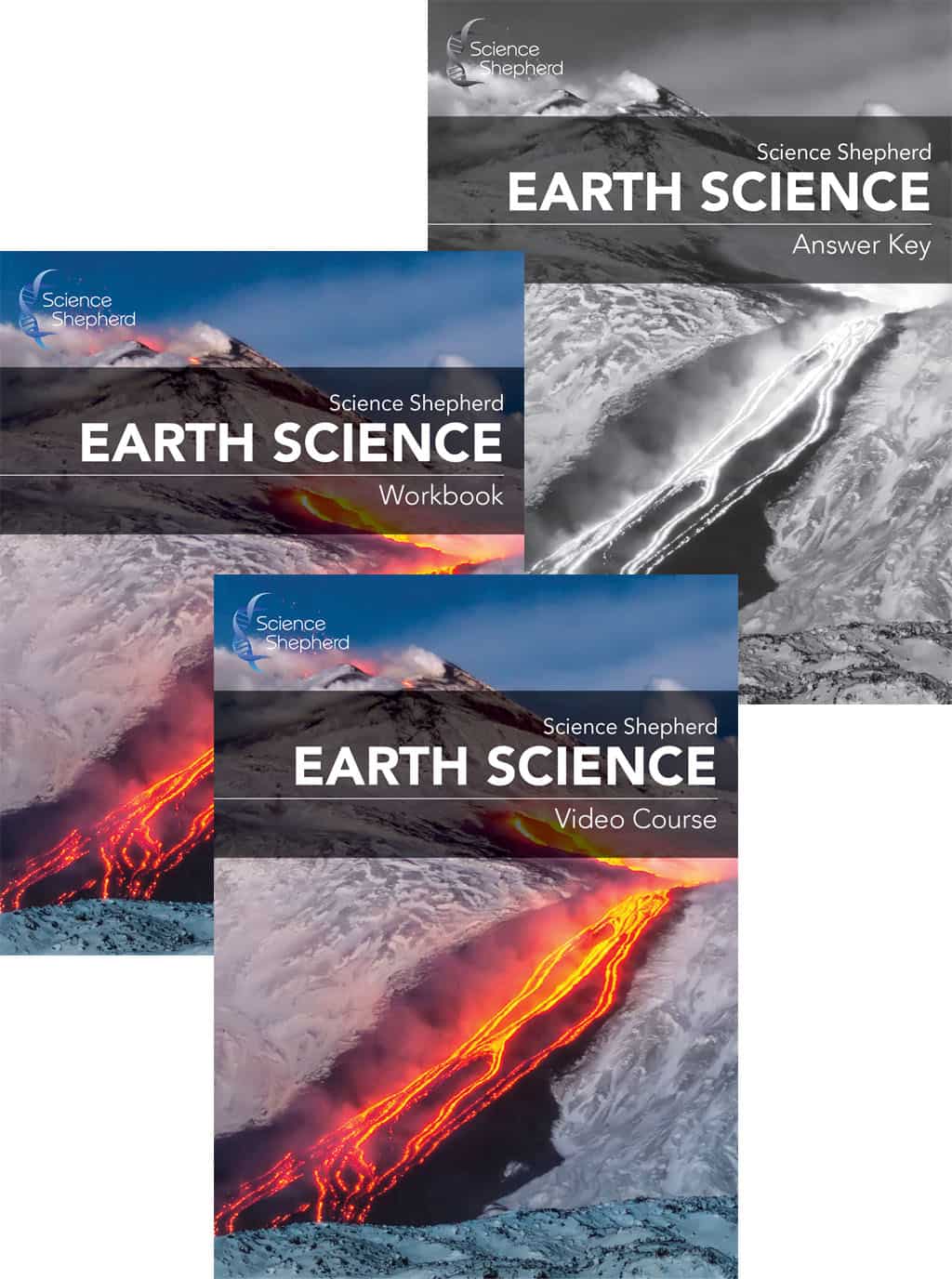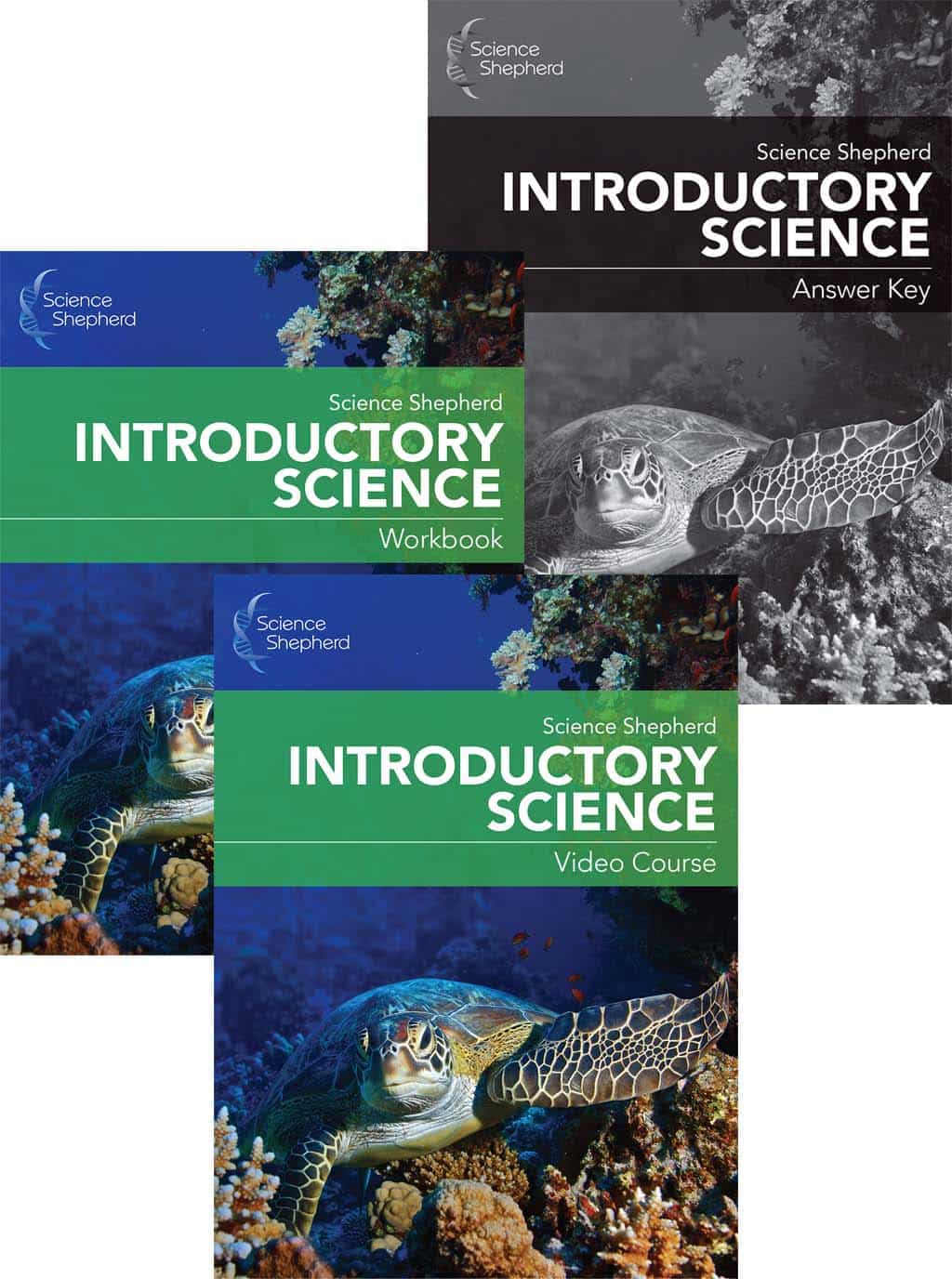Homeschool Science Summer Fun
July 13, 2023 7 min read

10 (Mostly) Screen-Free Ways to Keep Science Going This Summer
Summer. For many of us, this means a break from our regular homeschool routine and new adventures. Sunshine, smoothies, sand, surf, s’mores, starry nights . . . So many possibilities of things to do! Summer is also a prime opportunity to continue science and learning about the world around us and the wonders God has made in perhaps different ways than we do the rest of the year. Whatever summer looks likes for you, here are ten fun ideas to keep science going. If you are like us here at Science Shepherd, you are looking for ways to keep screen use at a healthy level for your kids, too, so we focused on ideas that are at least mostly screen-free. We also tried to include activities with a variety of time and cost commitments.
But, why?
If you are wondering, “Why keep science going over the summer?” here are a few reasons. First, as the saying goes “if you don’t use it, you lose it.” Whatever your student has learned for science so far has taken time and effort – why let that fall to the wayside when you can keep those hard-won brain connections going with some fun activities and have a better foundation for formal studies after summer? Secondly, keeping science going this summer can help students recognize that learning isn’t something we do only when we are “doing school”. Seize this opportunity to model healthy curiosity and willingness to learn that will be a gift to your children. Lastly, learning more about the world around us through science gives us an opportunity to learn more about God – His creativity, His power, His care for His creation, His orderliness – and we will hopefully be filled with more awe and even joyful wonder over things that we maybe thought were mundane before we understood them scientifically. Might as well find out for yourself, right?
For [God's] invisible attributes, namely, his eternal power and divine nature, have been clearly perceived, ever since the creation of the world, in the things that have been made. Romans 1:20a
1. Set up your own bird-watching station.
Position a bird feeder or two and/or a birdbath strategically where you will be able to see it from inside your home. Collect a bird guidebook, binoculars and a notepad and pencil where you can comfortably watch the birds from inside your home (yay, air conditioning!), and you now have your own bird-watching station where you can record your observations! How many different species come for a visit? What foods do they prefer? Do certain species come at certain times of the day? What are their songs? Your children could even draw pictures and make a poster with facts about their favorite bird.
BONUS! This activity can also count as art if your children create pictures and make posters.
2. Do an experiment/activity you didn’t get done during the school year.
Remember how your curriculum called for that awesome experiment but then you all came down with the flu, the cat had kittens, the power went out and the experiment fell by the wayside? Choose a day this summer and make it happen!
3. Use up your science kits.
Christmas gifts, birthday presents, good intentions – many of us have science kits of various kinds tucked away that we’ve forgotten or didn’t have time for during the school year. A rainy day this summer would be a great time to pull those out! If you have quite a collection, consider setting aside Mad-Scientist Mondays, Wonder Wednesdays, Physics Fridays or Science Saturdays on the calendar so that your family can have fun learning science and using up your kits in the process. Not only will you all be learning and keeping those science brain connections strong for the coming year, but you’ll also be decluttering and freeing up storage space – sounds like a win-win to us!
4. Go to the zoo or aquarium.
Pack some hats, snacks and water bottles and take your budding animal lovers on safari or scuba diving (not literally, necessarily). Take time to read some signs or talk with a trained guide to learn about the animals you see. After your trip, discuss the animals you saw. Which ones were your child’s favorite? Pick one and learn more about it together either online or via books from your personal, public or church library. (Your child’s favorite may even be featured in one of our board books for little learners!) Heads up: Keep an eye out for evolutionary thinking at your zoo or aquarium and be ready to talk about it with your kids. Before you head out, be sure to download our FREE museum, zoo and aquarium guide!
5. Make it a game.
Pull questions or terms from last school year’s science books, put them on notecards and use them as some of the questions in your family’s favorite trivia game or as words for a few rounds of Pictionary or charades. Taking a road trip or plane flight to your favorite vacation destination? Quiz each other with the cards to pass the time. If you want to make it a competition, keep track of who answers the most questions correctly and let the winner choose which fun activity you all do first at your destination. This idea works if you aren’t traveling, too. If you are simply heading to the grocery store, maybe the winner gets to pick which flavor of ice cream you buy!
6. Go hiking.
Pack some water bottles and snacks, lace up your hiking boots and hit the trails! Listen for birds, watch for animals, and keep an eye out for interesting plants. Maybe take photos of interesting things you spot so that you can research them more at home. Do you see any animal tracks? To what animal do they belong? Do you see any holes up in tree trunks or birds’ nests in branches? Who do you think lives there? What about rocks that you come across? What kind of rock are they? If you can see the sky on your hike, notice what the clouds are like. Do you know the different types of clouds? If not, look them up when you get home.
7. Read a biography or historical fiction story featuring a famous scientist.
We may think of science as facts and terms and theories, but science has a lot to do with people, too. Get to know a key figure in science through a good book. You could also listen to an audiobook while on a road trip. If your student really gets into the story, let them dress up as the featured scientist and do a Q&A session with your family (and friends!) at dinner some night.
BONUS! This activity could also count for keeping history and English going over the summer. Wow!
8. Go to an air show or flight museum.
Have a budding pilot? Take your crew to an air show and learn about flight and principles of physics that make flight work. If you go to an air show like the EAA’s show in Oshkosh, Wisconsin, try to talk with pilots about how science makes flight happen and whether they had to study science to get their pilot’s wings.
BONUS! If you go to a museum or learn about the history of flight, this activity could also count as a history adventure!
9. Go fishing.
That’s right! Something as simple as fishing can become a science excursion. If you use worms or insects as bait, really look at them together. Learn the scientific names for the parts of a worm and use them! Catch a fish? Look at it together. Keep an eye out for other wildlife like beavers, birds, and frogs. If you like, take a sample of the water. When you get home, look at the water sample under a microscope, learn the names and facts about the birds you saw, try to identify the species of frogs you spotted and read about beavers. If you catch fish and clean them yourselves, you can talk about the different parts of the fish and learn fish anatomy.
10. Plan a stargazing night.
Get some blankets, a star map (for your correct hemisphere) and some snacks and beverages and head outside on a summer night to admire the night lights God has put in the sky. Help your students learn to identify some of the key constellations you can see. Does anyone spot a shooting star? Are any planets visible? Which ones are they? What phase is the moon in right now? To help you get started, check out this post with our Astronomy Day ideas, including a video guide from our course Astronomy: God's Universe on how to use a star map, space-themed snacks, ideas for a short family devotional and more to help make your stargazing night an out-of-this-world experience.
There are so many ways to explore science during the summer! You can probably come up with awesome ideas beyond this list. However you choose to do it, we hope you make great memories keeping science going and have a spectacular rest of the summer!
To many summer discoveries!
Science Shepherd
Thinking about how you need to keep science going this coming school year but unsure of the best way to do that? Check out these tips for choosing the best curriculum for your student(s) or take our quiz to find out which Science Shepherd products are best for you.
Kristen Hardin is a homeschool graduate, taught Spanish to homeschoolers from preschool through high school, is an author and speaker with her debut picture book Miss Mary: A Tale of Old County Clare and thankfully wife to Bill and mom to energetic kids who are always learning something new.
Sign-Up Today!
Subscribe for the latest news and receive 10% off and a FREE resource!
Recent Articles
10% Off Your Next Order
Subscribe to our newsletter and we'll send you a code for 10% off an order
plus a free download of 5 Scientific Ways Your Kids Can Defend Their Faith.

10% Off and a Free Download
When you sign-up for our newsletter we'll send you 10% off your next purchase and our free article,
"5 Scientific Ways Your Kids Can Defend Their Faith".










